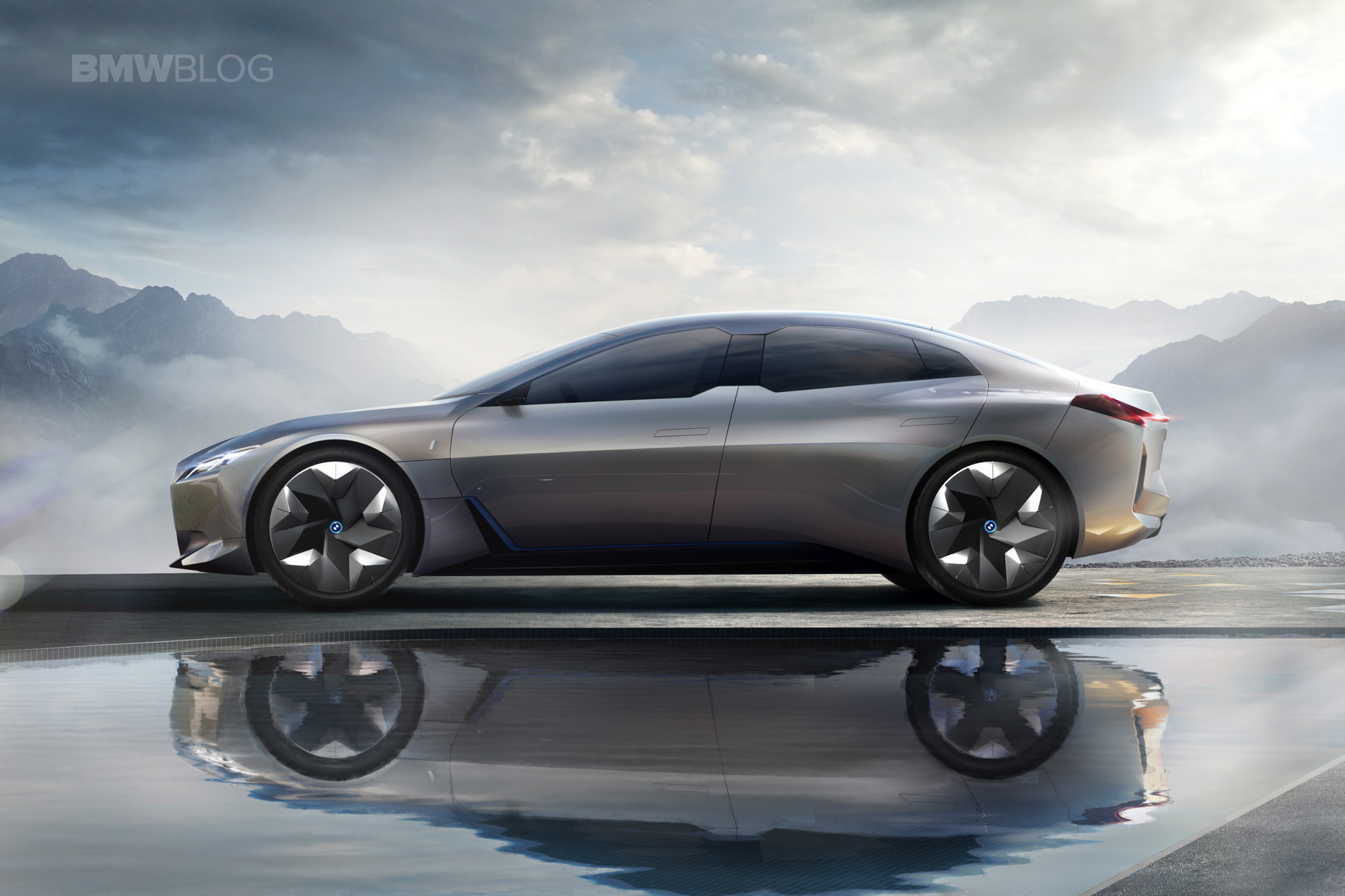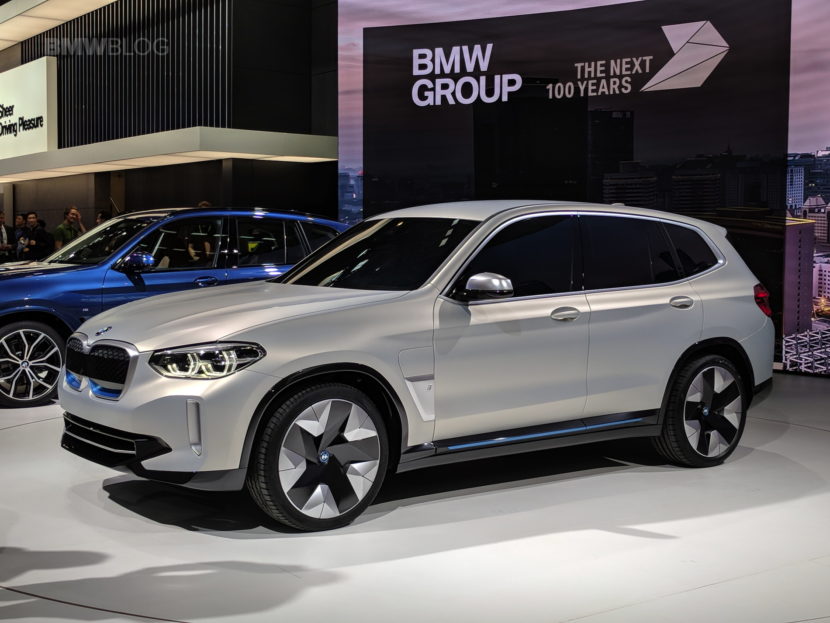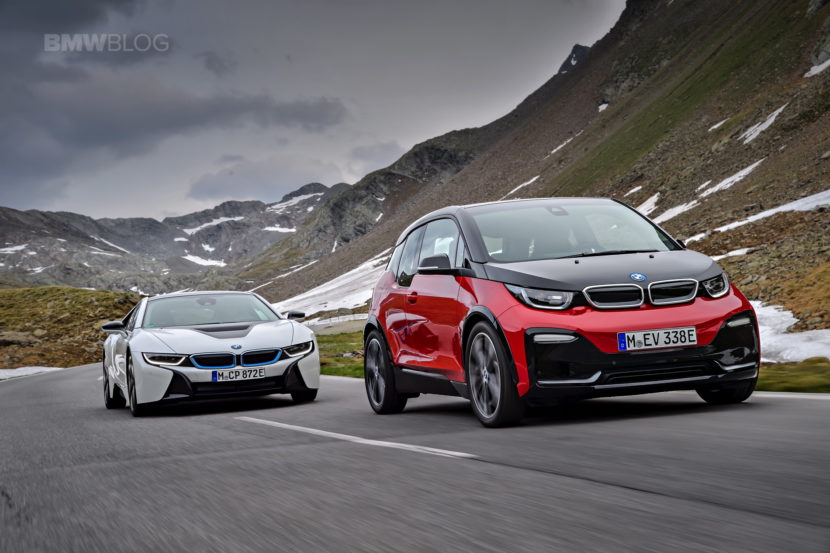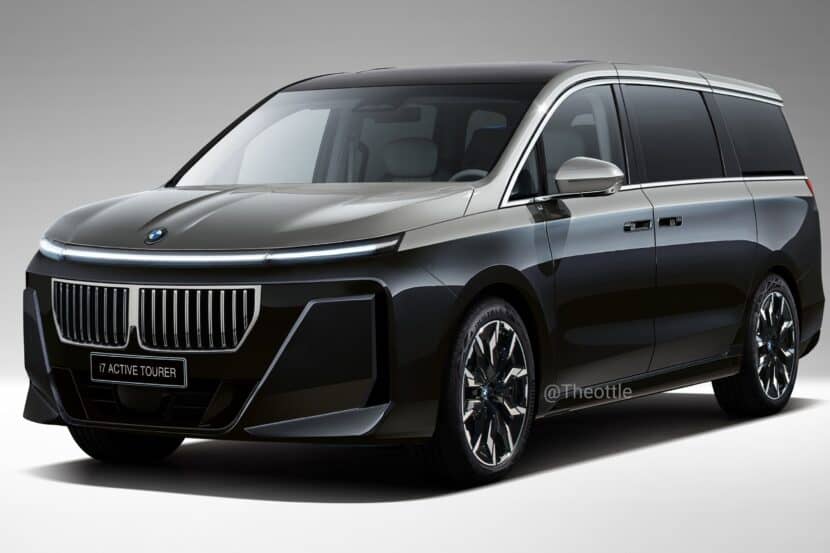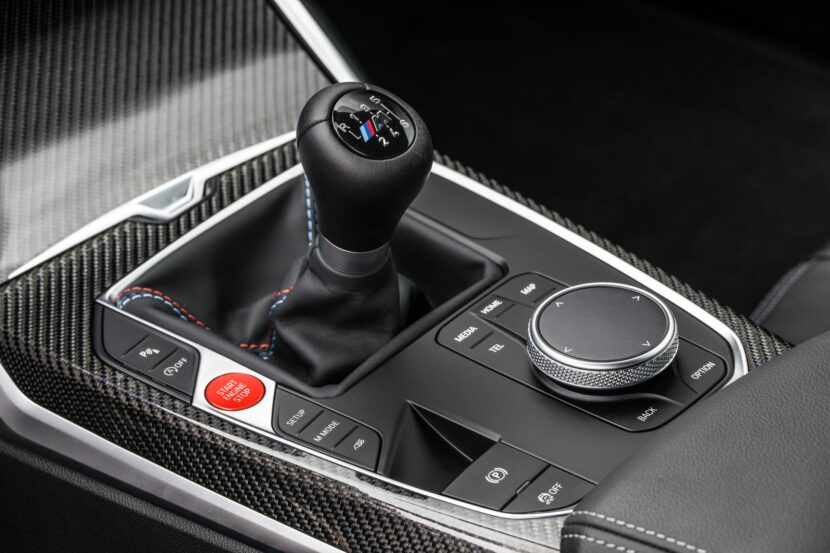Tesla wasn’t the first company to launch an electric car. Much like Apple wasn’t the first company to launch a smartphone. However, like the iPhone, Tesla has easily become the most popular brand of electric vehicles and is the one all EVs are benchmarked against. So anytime a new electric car makes its debut, it’s considered to be a Tesla fighter or Tesla Killer. Now, there are more of these so-called Tesla Killers than ever before and, it seems, that BMW is one of them.
If other brands are going to take Tesla down, the time is now. The Silicon Valley-based EV brand is in some serious trouble at the moment. Thanks to the absolute production mess that is the Model 3, sinking stock prices and an army of electric vehicles from a number of brands on the horizon, Tesla is more vulnerable than ever. In fact, the brand is hemorrhaging money and time.
When Tesla first showed off the its value model, the Model 3, it broke records for pre-production customer reservations. Since that high point, though, Tesla has been trending downward a bit. The official launch of the Model 3 was underwhelming at best, due to the lack of production capability. So very few customers have received their pre-reserved cars. And there are continued issues with production, making investors very nervous, which hurts Tesla’s stock prices and, subsequently, its pockets as well. Further hurting Tesla’s stock is the fact that, in addition to cracks forming in its own foundation, it’s no longer the only EV maker in town.
If you combine the statements of several different automakers, there will be an influx of over 50 different electric vehicles by 2025. So Tesla won’t be the go-to electric product for much longer. And BMW is part of that influx, claiming it will launch ten new electric cars by 2025. It already has two on the horizon, with the BMW iX3 and i4.
The one closer to actual production, the BMW iX3, will be built on the existing BMW X3, making it more of a traditional SUV, but be powered entirely by electricity. So it will have 270 hp and 249 miles of range. While that’s not a ton, nor is it more than Tesla’s best offering, it will be more affordable than Tesla’s best and it will be in a more traditional shape, making buyers more willing to jump on the electric bandwagon.
But BMW is only part of the threat to Tesla. Mercedes-Benz, Audi, Jaguar, Chevy, Porsche and Volvo, among others, are all-in on electric cars. And, as much as it pains Tesla fans to hear this, all of those car companies are significantly better at making cars. They already have supply chains, multiple manufacturing facilities, thousands of employees and shed-loads more money and resources. Once these companies get rolling and start pushing out EVs, there really isn’t a chance Tesla can catch up. It’s having issues just manufacturing one volume product in a limited capacity right now. Imagine if it has to keep up with just on volume competitor?
The Tesla Model 3 is an impressive car, especially from a small-volume manufacturer, of that there’s no question. However, that isn’t good enough to survive the onslaught of mainstream brands all offering their own competitors, with multiple options, better build quality and far superior manufacturing. If a customer likes a Tesla but can’t get one for another year, due to supply restrictions, but can get a competitor of equal range and performance at a similar price right now, which do you think they’re going to buy?
Tesla got by for a long time by being the only game in town but that’s not going to be the case for much longer. To survive, Tesla is going to have to match both the mainstream volume EVs for the masses as well as the high-performance exotic EVs of brands like BMW, Porsche and Audi. And that just doesn’t seem like a realistic possibility.
[Source: Motor Trend]


